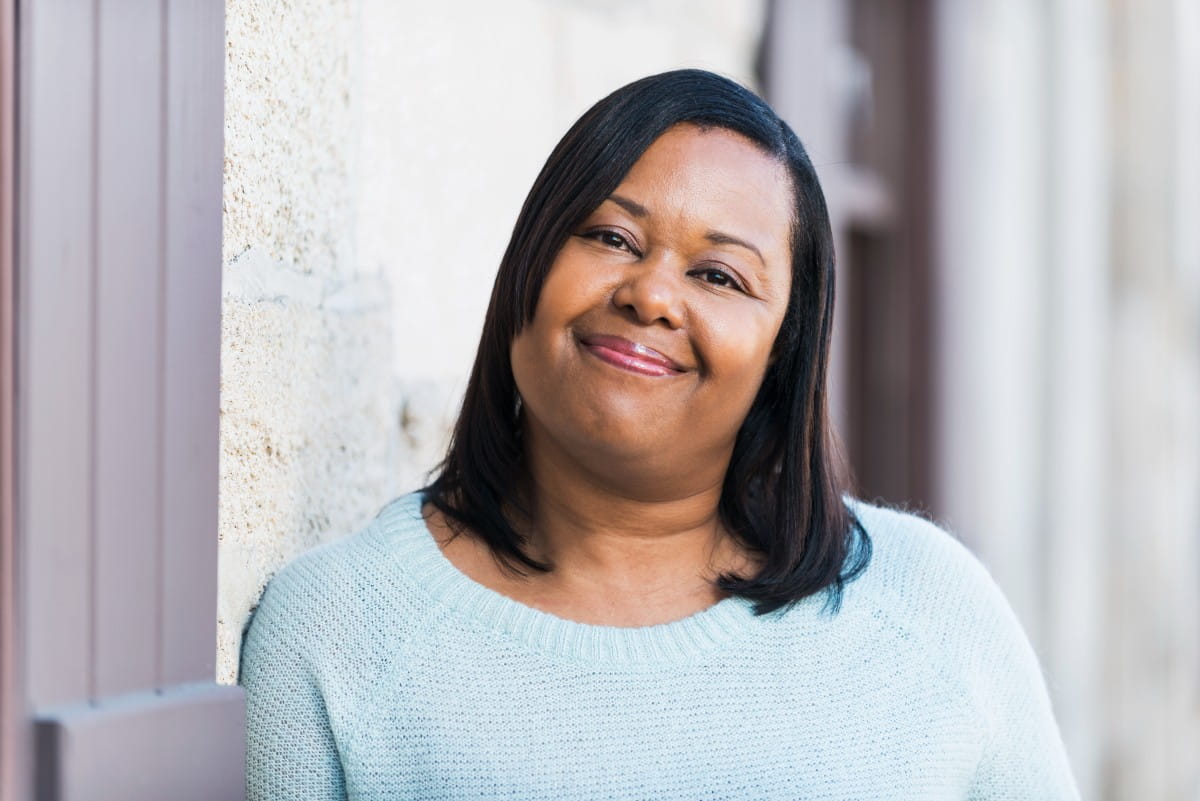Sometimes, what we think we know about something turns out to be untrue. And doesn’t the truth matter, especially when it comes to your health?
Since doctors began recommending regular colorectal cancer screenings, incorrect information has spread about who needs them and how effective they are. Even though the numbers clearly show that increased screening has reduced colon cancer deaths, one-third of people who should be screened are still not getting screened. This reluctance is partly due to the myths that surround colon cancer screening.
Here, we share the facts behind the Top 4 colorectal cancer screening myths.
Myth #1: Colorectal cancer screening is only for people with symptoms.
FACT: All cancer screening tests, including colorectal cancer screening tests, are meant to be done before symptoms happen.
“Many cancers don’t produce signs or symptoms until they’re in a more advanced stage. This is especially true for colorectal cancer, which doesn’t usually show symptoms until tumors have grown and spread,” says Shahwali Arezo, M.D., a board-certified, fellowship-trained gastroenterologist with Riverside Gastroenterology Specialists.
Cancers that are in an advanced stage are often harder to treat. When you have a colorectal cancer screening test done before you have symptoms, you get the chance to find the disease in an earlier stage when it may be easier to treat.
Even more remarkable, colorectal cancer screening can often prevent colorectal cancer altogether. Most colorectal cancers begin as small growths called polyps. During a colonoscopy, doctors can find and remove polyps before they become cancerous.
Myth #2: You don’t need to be screened for colorectal cancer if you’re a younger adult.
FACT: The recommended age to start colorectal cancer screening was lowered from 50 to 45 because colon cancer rates in younger adults have been rising since the 1990s.
“If you’re an adult at average risk for colorectal cancer, you should get your first screening soon after turning 45,” says Dr. Arezo.
- Have a close relative who has had polyps or colorectal cancer
- Have been diagnosed with an inflammatory bowel disease like Crohn’s disease or ulcerative colitis
- Have a genetic syndrome such as familial adenomatous external icon or Lynch syndrome
And if your results come back clear, you only need to have the procedure done every 10 years. That’s just a couple days of prep every 10 years for lifesaving results — very much worth it.
If you’re in your 20s or 30s and any of these apply to you, talk to your doctor to see if you should be screened before you turn 45.
Myth #3: Colonoscopy is the only way to be screened for colorectal cancer.
FACT: If you have a family history of colorectal cancer, have had polyps removed before, have received an abnormal (positive) stool test result before, or have symptoms of colon cancer, your doctor will likely recommend that you only undergo colonoscopy for colorectal cancer screening. Otherwise, you have several screening options.
At Riverside, we offer three ways to screen for colorectal cancer : colonoscopy and two types of stool tests. Stool tests allow you to complete colorectal cancer screening in the privacy and comfort of your own home, and they don’t require any prep or fasting.
“In general, stool tests for colorectal cancer screening are recommended for people at average risk of colon cancer,” Dr. Arezo explains. “And as long as you continue to receive negative results, you can keep using them for your regular screenings. You only need a colonoscopy if your stool test results come back abnormal.”
Myth #4: Colonoscopy is a hard procedure to undergo. I’m not sure it’s worth it.
FACT: Here’s how a colonoscopy generally goes: The day before the procedure, you pause eating solid foods and drink the bowel prep liquid prescribed by your doctor. The liquid will clear and prepare your colon for the colonoscopy. On the day of the colonoscopy, you’ll be at the clinic or hospital anywhere between two and three hours. You’re sedated during the procedure, so you stay comfortable and relaxed.
The process may seem like a lot, but not when you consider just how beneficial colonoscopy is to your health:
- Colonoscopy can find early colorectal cancer before it spreads and when it may be easier to treat.
- It’s the only way doctors can find and remove polyps (the small growths that can turn into colon cancer).
- Studies report that screening with colonoscopy substantially reduces the risks of developing and dying from colorectal cancer.
Scheduling your first colorectal cancer screening is easy at Riverside
Now that you have the facts about colorectal cancer screening, take the time to schedule your first screening appointment. If you’re age 45 or older and have never been screened, Riverside makes it easy for you to get this important test on your calendar. Call our helpful scheduling associates at 757-316-5777 or simply make an appointment online.



